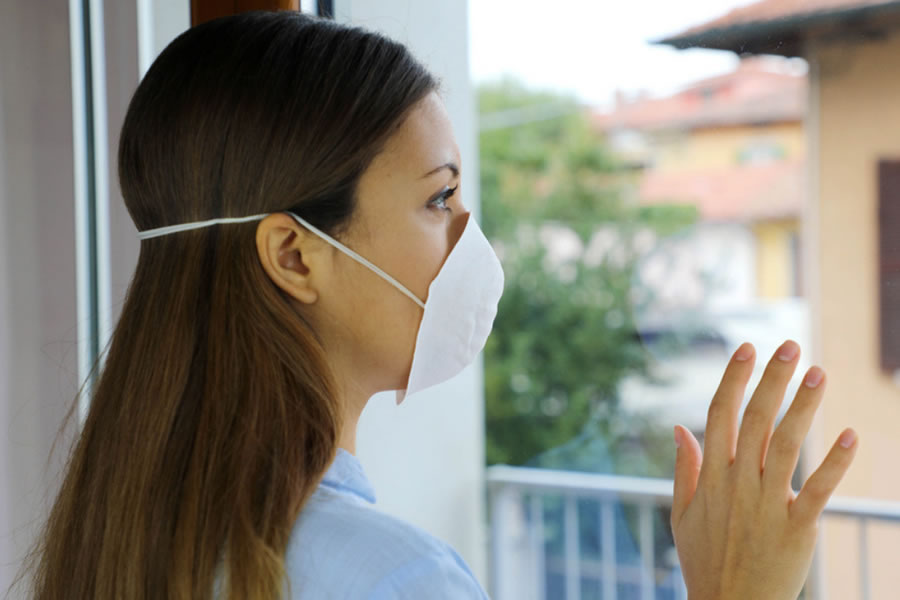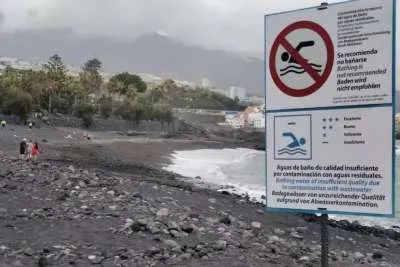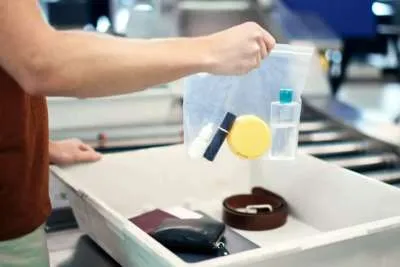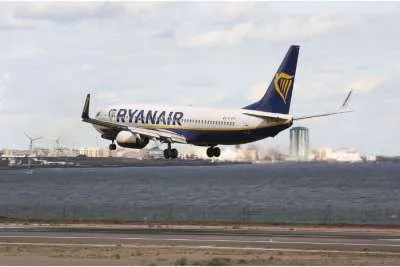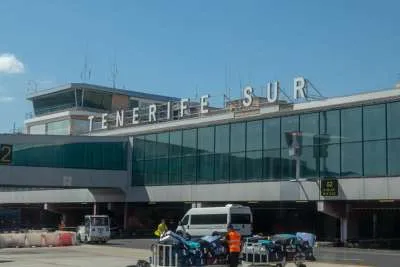10% of workers in the Canary Islands are in home isolation due to Covid
- 11-01-2022
- Business
- Canarian Weekly
The Omicron variant of the coronavirus has caused a huge number of people in the Canary Islands to be off work on sick leave, causing major problems for many companies in the islands, especially the smaller ones, putting them in a very difficult situation which in some cases has forced them to close due to the inability to have staff to cover all shifts.
Businesses are trying to shuffle staff from one department to another to fill the gaps but, depending on the number of people affected, in some cases the only option is to close a few days a week or hire extras.
The employers association explains that businesses are being hit from all angles, if the restrictions aren’t enough in the first place; they have to face more losses by having employees at home on ‘baja’, then have extra social security to pay if they hire replacements.
Sick leave began affecting a small percentage of workers but the figure has risen to an average of 10% across the islands, as there are companies with 2% infections in their workforce and others, with more than 20%, and health experts say it is not yet at its peak.
All sectors of the Canarian economy and workforce are affected, although in some, such as tourist accommodation, the fact that occupations have fallen in this January to 50% is helping to avoid the problem of sick leave and the shortage of personnel, as highlighted by the president of FEHT, José María Mañaricua.
The hospitality sector has also handled the situation quite well so far due to the fall in reservations, which has made it possible to fill the gaps with staff, as pointed out by the president of the Association of Entrepreneurs of Bars, Cafes, Restaurants and Leisure (AEBCR), in Las Palmas, Fermín Sánchez.
One of the sectors that has suffered the most, and is now suffering from this situation is the retail sector, which has been 'full' during December with Christmas shopping and still continues now with sales. The Secretary of Occupational Health from the CCOO union, Carmen Marrero, says that the largest number of inquiries to her organization come from the social and retail sector.
However, the self-employed are another of the groups that is suffering. The president of the Association of Autonomous Workers of the Canary Islands (ATA), Juan Carlos Arricivita, says there are 13% of self-employed people affected by Covid, which represents around 16,000 people.
"It is a tsunami that devastates everything", he said, pointing out that the self-employed are doing "double and triple shifts" to be able to cover the losses of their workers "without bleeding to death" in the payment of salaries and contributions.
"The economic impact that this has on companies is brutal," says the vice president of the Canary Islands Confederation of Entrepreneurs (CCE), José Cristóbal García. According to the Association of Mutual Accidents at Work (AMAT), the cost of sick leave at the national level to the State was 3 billion euros up until the end of November, to which must be added another 2.5 billion with direct charges to companies.
García demands measures so that the discharges of the affected workers are processed as quickly as possible, in order to reduce the days off when the worker is already cured. And this is another one of the problems left by the sixth wave: the collapse of health centres, as people are finding it impossible to get an appointment with the doctor to be discharged.
Companies ask for automatic registrations and less quarantine:
Companies that are considered essential during the pandemic, fear that their operation will be compromised as a result of the sick leave derived from Covid. Currently, the food trade has more than 20,000 workers on sick leave, a figure that is increasing every day, and compromises the management of companies. One in seven of these people could go back to work immediately but cannot do so because they cannot be discharged due to the collapse of the health centres.
For this reason, all the employers' associations in the sector have asked the Government to facilitate labour registrations associated with the losses by Covid once the seven days of the quarantine period have passed, without the need to go to primary care centres. In those cases where symptoms persist, they point to the possibility of extending this leave.
In this sense, companies make work accident mutual insurance companies available to the public health system so that they can process the discharges, providing relief to health centres.
In addition, they ask that the essential quarantine periods be reduced according to the scientific information available. They request to shorten the deadlines or limit them. The current reduction from ten to seven days is considered "insufficient" to guarantee filling the vacancies left by staff in isolation.
Other articles that may interest you...
Trending
Most Read Articles
Featured Videos
TributoFest: Michael Buble promo 14.02.2026
- 30-01-2026
TEAs 2025 Highlights
- 17-11-2025


